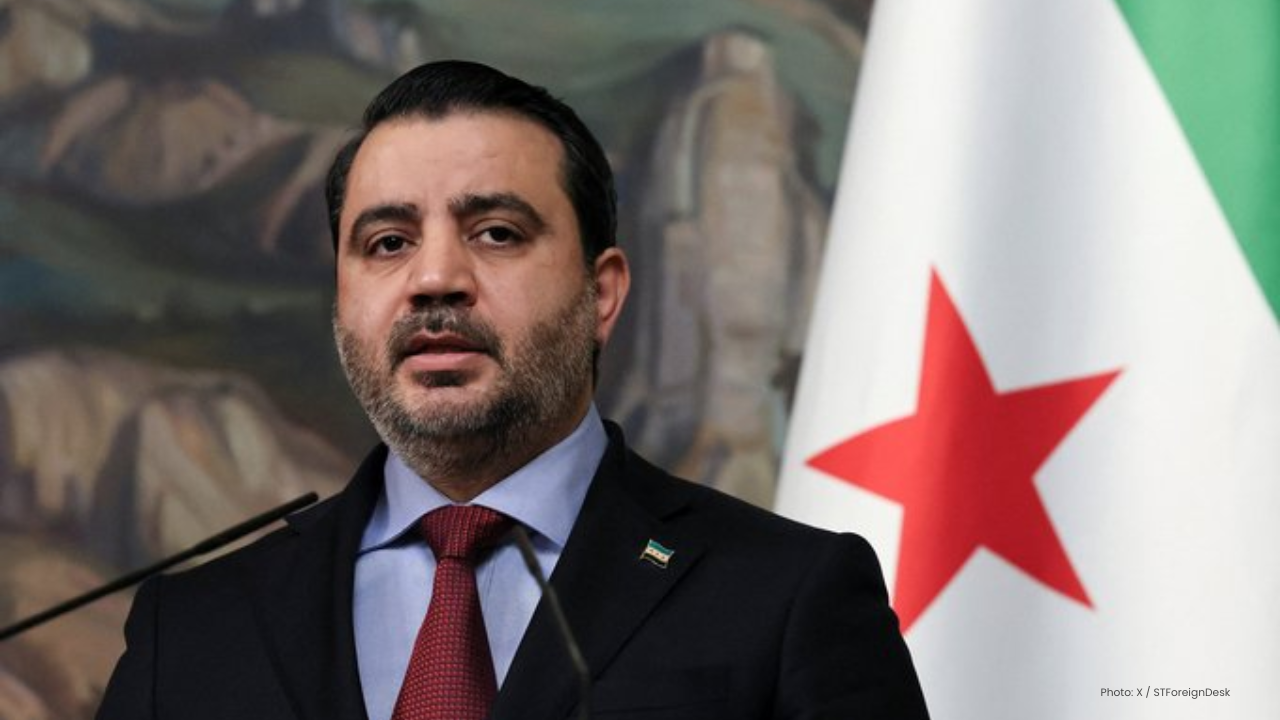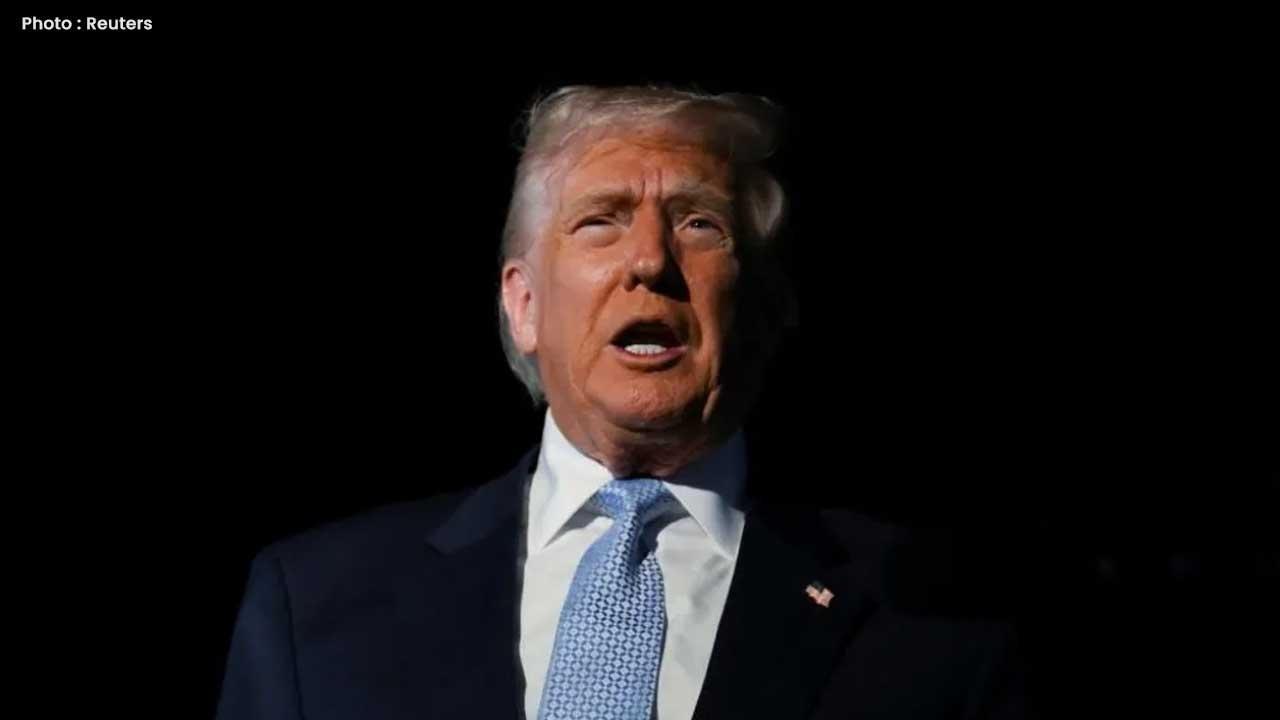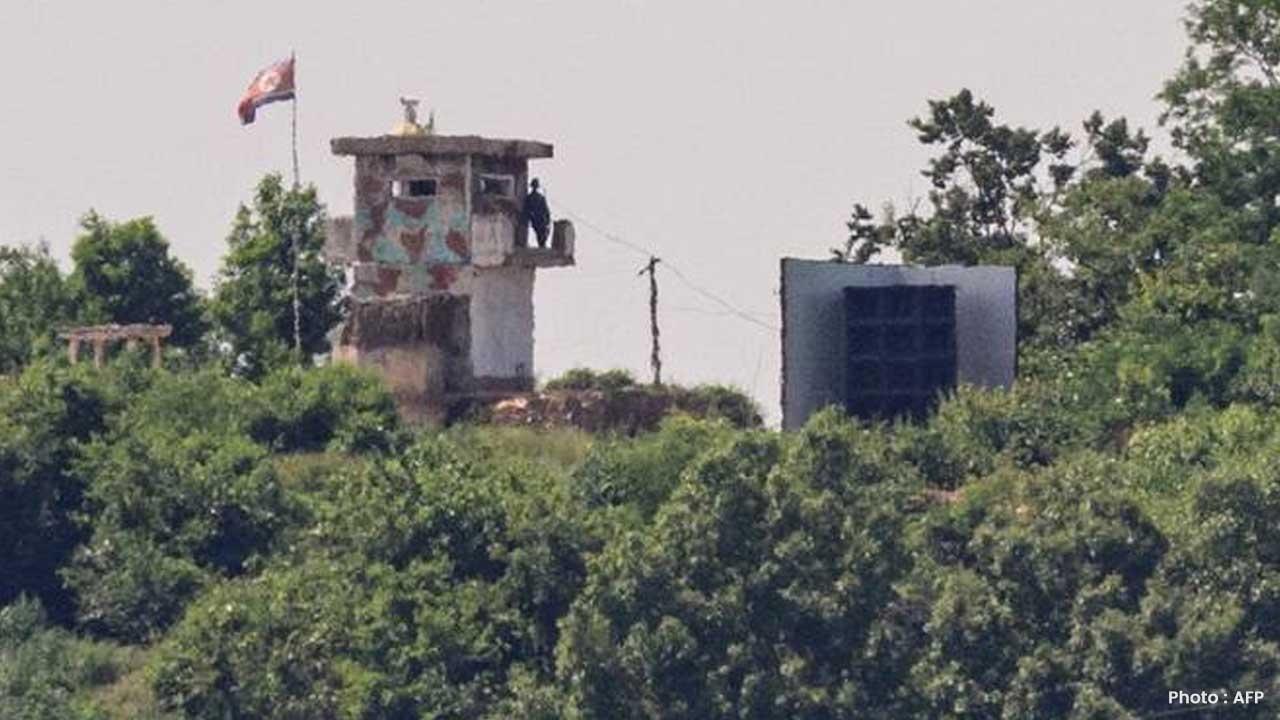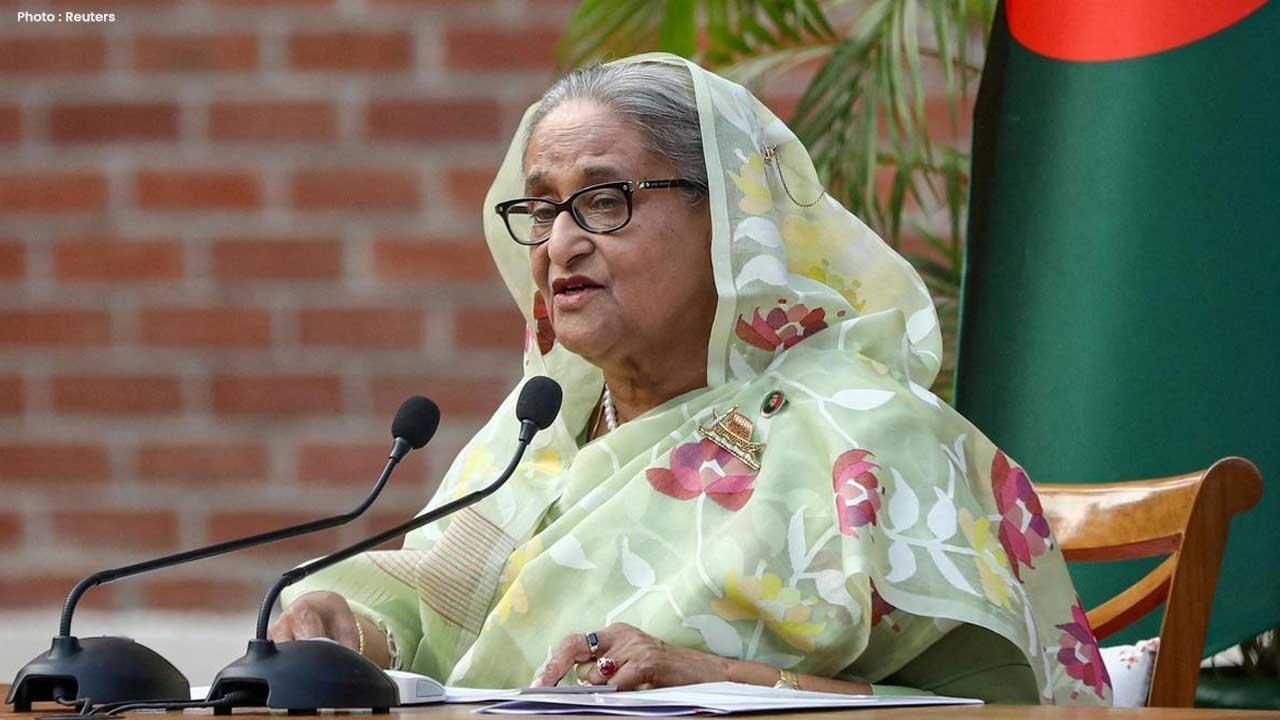
Post by : Naveen Mittal
The Syrian foreign minister, Faisal Shibani, is expected in Washington this week for high-level talks focused on the future of US sanctions on Syria and possible regional security arrangements. His visit has attracted international attention, as it could signal a turning point for Syria after years of economic hardship, war, and political isolation.
According to officials, Shibani is set to meet with a group of senators, including Senator Lindsey Graham, on Thursday. Discussions will center around the possible permanent lifting of some sanctions, including those introduced under the Caesar Act.
The following day, Shibani is expected to hold talks with Secretary of State Marco Rubio. While the US State Department has not yet confirmed the meeting publicly, reports indicate that it will be a key part of his Washington visit.
Senator Graham said he would consider supporting the removal of sanctions if Syria made serious moves toward a new security arrangement with Israel and agreed to join a regional coalition against the Islamic State extremist group.
The Caesar Act, one of the most restrictive sanctions on Syria, has deeply hurt the country’s economy, limiting foreign investment and crippling infrastructure rebuilding efforts. Its removal would provide much-needed economic relief.
In recent months, Syria and Israel have been engaged in behind-the-scenes talks aimed at reaching a security deal. Damascus hopes such an agreement will lead to an end of Israeli airstrikes inside Syria and the withdrawal of Israeli troops who have pushed into southern Syrian territory.
Reports suggest Washington is encouraging these negotiations to move forward quickly, especially before world leaders gather for the United Nations General Assembly in New York next week.
While some reports claim the United States is pressuring Syria to strike a deal, Syrian officials deny this. Syrian politician Farouk Sharaa has said the US is acting more as a mediator than as a force applying pressure.
Sharaa also highlighted the scale of Israeli operations in Syria since December 8, when the rebel offensive toppled former leader Bashar al-Assad after 13 years of civil war. He stated that Israel had conducted more than 1,000 airstrikes and over 400 ground incursions since then.
The fall of Bashar al-Assad, after more than a decade of conflict, marked a major turning point in Syria’s history. Since then, the new Syrian leadership under Shibani has been attempting to rebuild international ties, stabilize the economy, and bring an end to constant military pressure from Israel.
The talks in Washington could be one of Syria’s most significant diplomatic steps since Assad’s removal.
Earlier this year, President Donald Trump announced the lifting of certain key sanctions on Syria, a move that was seen as an opening for future dialogue. However, many restrictions remain, particularly under the Caesar Act, and these continue to heavily impact Syria’s economy.
Whether these talks will result in broader relief remains to be seen. Much will depend on Syria’s willingness to cooperate on regional security and its readiness to engage with Israel in a meaningful way.
Ordinary Syrians have carried the burden of international sanctions. Prices of basic goods have skyrocketed, fuel shortages are common, and rebuilding war-damaged infrastructure has been nearly impossible.
Lifting sanctions could give the country access to international trade, investment, and humanitarian support. It could also help improve daily life for millions of Syrians struggling with poverty and shortages.
The upcoming meetings in Washington will test whether Syria and the US can move past years of hostility. If sanctions are eased, it could pave the way for Syria’s reintegration into the international community.
Still, the road ahead is uncertain. The talks involve not only Syria and the US but also Israel, regional powers, and the complex issue of security in the Middle East.
For now, all eyes are on Washington, where the Syrian foreign minister’s visit could reshape the future of his country.










Oscar Discharged from Hospital After Cardiac Scare
Former Chelsea star Oscar is out of the hospital following heart issues; Sao Paulo affirms his stabi

Tributes Pour in for Paige Greco, the 28-Year-Old Paralympic Star
Paige Greco, a gold medallist from the Tokyo 2020 Paralympics, tragically passed away at 28, leaving

Eagles Secure 16-9 Triumph Over Lions with Late First-Half Touchdown
The Philadelphia Eagles captured a 16-9 win against the Detroit Lions, thanks to Jalen Hurts' pivota

Baltimore Ravens Triumph with Andrews' Game-Sealing Touchdown
Mark Andrews' stunning 35-yard touchdown run in the fourth quarter propelled the Ravens past the Bro

Purdy’s Stellar Comeback Powers 49ers Past Cardinals
Brock Purdy shines in his return, guiding the 49ers to a decisive 41-22 win over the Cardinals with

Brendan Doggett Poised for Ashes Test Debut
Brendan Doggett's journey from carpenter to Test debutant is inspiring. He’s set to join Australia i